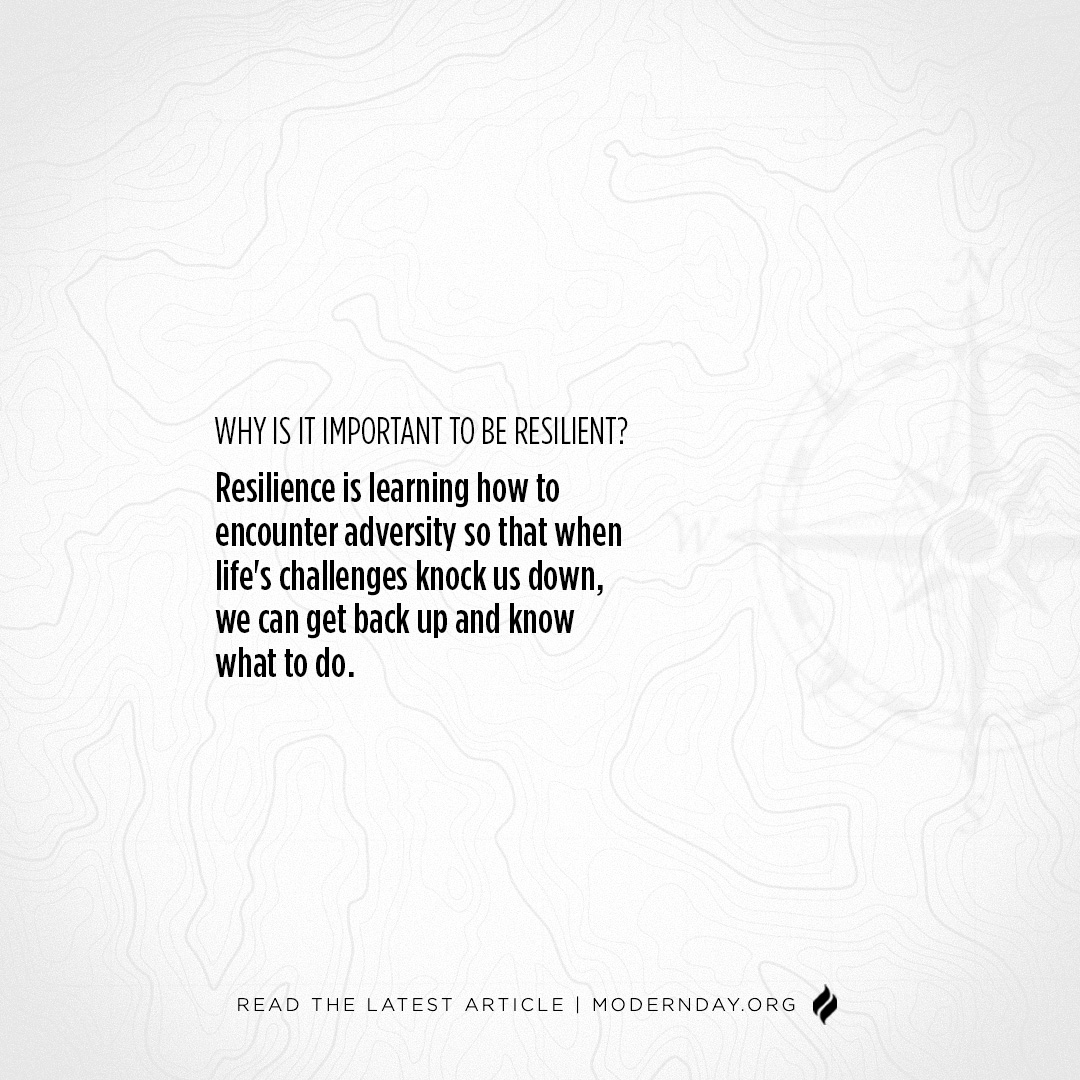A significant change happened in 2005 to the standardized college entrance exams (SATs) in the United States that eliminated the joy/frustration of solving a verbal puzzle.
For those who remember taking the exam prior to 2005, you may remember being asked to complete analogies and comparisons under the reading comprehension section. The dot-dots are what my friends and I used to call them. These verbal riddles were set up by replacing the words “is to” with a colon (:) and then set against another set of words by two consecutive colons (::) replacing the comparative statement “as is”.
They went something like this.
Missionary : Missions :: _________ : ___________
- Cow : Chick-fil-A
- Fish : Bicycle
- Leaf : Craft
- Local pastor : Local church
(The answer is “D.”)
The reason these infamous analogy questions were dropped from the tests was because the SATs were being accused of being “too tricky.” The detractors thought they were not straightforward enough. Those in defense of them staying noted that the skills to interpret the connection required a sophistication of reasoning that was worth measuring.
Eliminating them would be a loss of mental finesse.
Let’s go back to the specific dot-dot analogy I just mentioned. The one regarding missionaries and pastors. Let’s put on our old-school SAT hats and engage in a bit of mental finesse together as we compare and contrast these two great ministry callings, curiously looking at how God has created them to work together in the Great Commission.
There is a curious trend I have begun to observe in the last decade: American pastors are shying away from doing missions through missionaries.
Why the mission but not the missionary? Here are some of the reasons pastors give:
- “We once supported some that left the field. We feel betrayed.”
- “They are too expensive.”
- “They have families and needs and have issues that trip them up.”
- “They blow up.”
- “I heard of a nightmare story about missionaries from another pastor.”
- “Some are ineffective.”
- “It’s less expensive to work with nationals.”
- “It’s easier to work with larger organizations that provide spreadsheets and metrics that are easier to raise funds for that require low relational investment.”
- “It’s too long of a learning curve before they become effective.”
- “Technology and modernization is making them less relevant today.”
And the list goes on in ways that expose the humanity and struggle and obstacles that are inherent to people deciding to answer the call to a life of missions.
Let’s be clear. Missionaries are not cheap. Some do have families and navigate the same challenges of marriage. They do have issues that God is faithfully working them through. They do get discouraged, and it can take many years to curate just the right abilities to find their sweet spot.
But here is my point. All the same could be said of pastors.
Some have left the pulpit, some have deeply hurt former church members, many feel betrayed by them. A solid case can be made that they are far more expensive to support than missionaries. They too have families and marriages and issues and challenges inherent with being alive and in relationship with others. They too blow up and fail morally, and I have heard nightmare stories of the implosion of churches because of poor leadership. Some are also ineffective. And for pastors who would be honest, my guess is they would agree it has taken them longer than they would have imagined to curate their voice and the necessary abilities to find a sweet spot in leading their particular congregation.
And yet no one is talking about eliminating pastors from their side of the “::”.
No one is suggesting that we all look to a “national” organization with proven church gathering skills to take over the important and indispensable role of the local church pastors in the local church.
It wouldn’t be too far-fetched to suggest in a post-pandemic world that legitimized technology in new ways to imagine a seasoned brilliant pastor taking on the burden for all churches. He or she could preach a great message, most likely far better prepared and communicated then the average, and then just pipe it into all churches who just don’t want to hassle with the humanity or neediness or expense of having a local pastor.
Couldn’t a community just have volunteer small group leaders take care of the bulk of pastoral care needs? Couldn’t the most difficult cases be triaged to a professional central tele-health pool? I imagine that this organization could also provide great spreadsheets and metrics.
Couldn’t loads of funds be saved by only hiring a few administrative spots and a facility maintenance crew to be sure there was a well maintained place to meet and hear the one “national” pastor digitally pipe in their message each week?
I keep hearing people say that they go to one church, but also listen to their favorite pastor on their drive home or during the week. That favorite pastor never seems to be in the same city as them.
My heart grieves as I write this, because something immensely rich and beautiful and vital would be lost to the local church if their local pastors were to be eliminated or downgraded in value. Their humanity and bravery and persistence and vulnerability of spiritual and leadership growth playing out in the full view of the community that claims then as their own would be lost to brilliantly designed spreadsheets and presentations.
The thought of a local church without a local pastor is a sad one to me, even considering all the reports I’ve heard lately of pastors imploding.
But my heart also grieves that any pastors would not feel the same way toward missionaries and their vital role in the plan of God.
This shrinking breed of ministry workers who are uniquely called to the mission space are finding it harder and harder to gather support in part because many pastors have decided they are no longer necessary or worth the investment of funds and relationship. It’s “too tricky”, they say. Their current work can be done in some other “less messy” way.
The church needs their local pastors. Missions need all kinds of missionaries. Both may be expensive and messy, but I fear that we will pay a greater price and find ourselves in a greater mess by eliminating either from the space they are called to serve or erasing the allegiance both were always made to have.
Because in the end, if geography is suspended long enough for us to appreciate it, we’ll find that we are all on mission, and none of us are called to fulfill it alone. Pastors need missionaries and their stories and missionaries need pastors and their generous relationship, no matter how tricky that may get.
‘The eye cannot say to the hand, “I don’t need you!” And the head cannot say to the feet, “I don’t need you!” ‘
1 Corinthians 12:21







